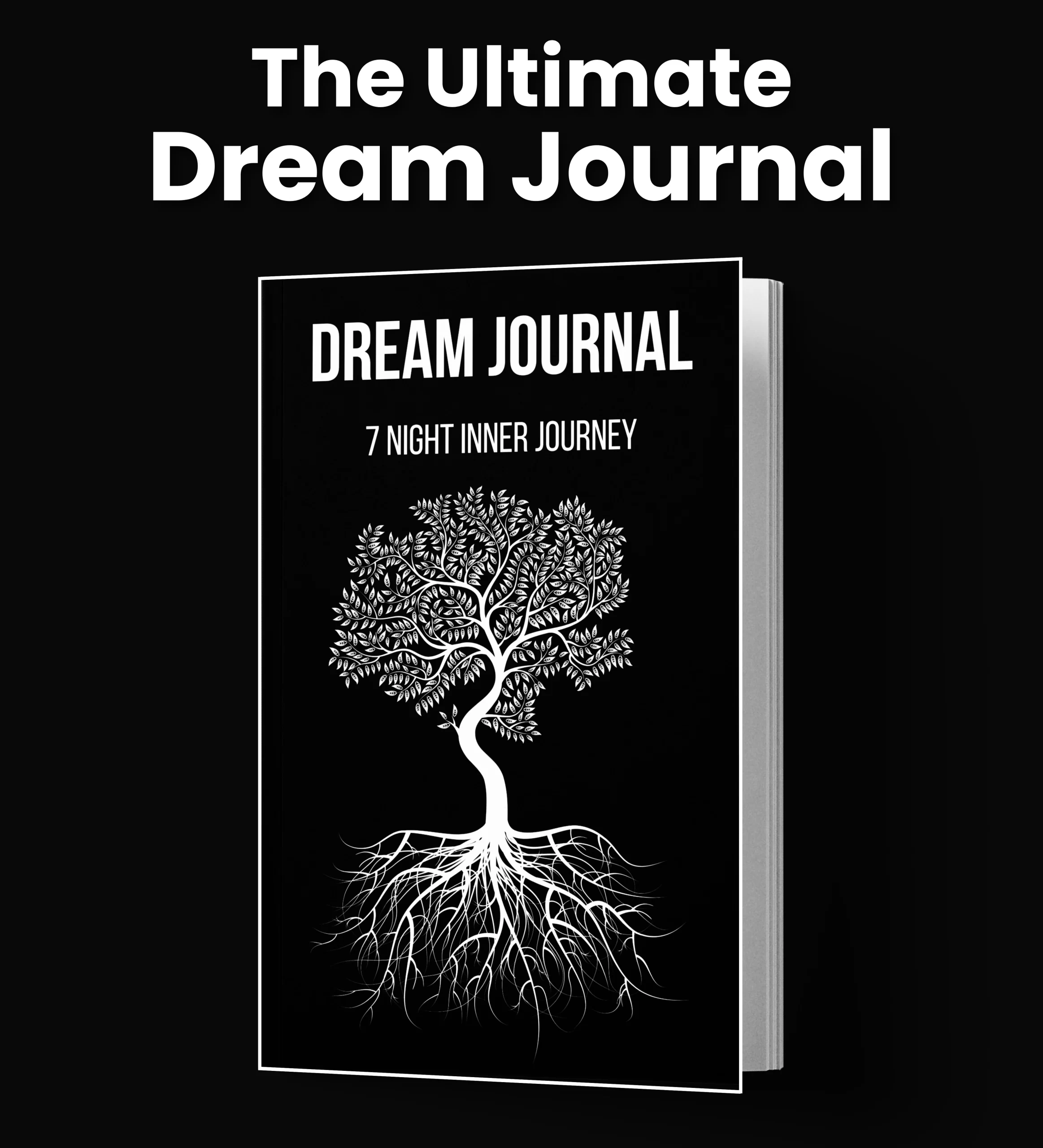Sleep is a vital component of our overall well-being, encompassing multiple stages including Non-Rapid Eye Movement (NREM) and Rapid Eye Movement (REM) sleep. Each stage plays a crucial role in maintaining physical and mental health. However, many people wake up feeling unexpectedly tired, even after a full night’s sleep, particularly after experiencing vivid dreams. This raises an intriguing question: Why do we feel tired after dreaming?
Despite the restorative purpose of sleep, certain types of dreams, especially those occurring during REM sleep, can lead to feelings of fatigue upon waking. This article aims to explore and explain the reasons behind this phenomenon, delving into both physiological and psychological factors. By understanding the complex interplay between brain activity, emotional intensity, and external influences, we can better grasp why dreaming sometimes leaves us feeling more exhausted than refreshed.
Physiological Influences on Why Do We Feel Tired After Dreaming
Brain Activity During REM Sleep
During REM sleep, brain regions like the amygdala and prefrontal cortex exhibit high activity levels. This stage of sleep involves increased brain metabolism and neural activity. Braun demonstrated that the brain’s metabolic rate during REM sleep is comparable to when awake. This elevated activity level can exhaust the brain, leading to feelings of fatigue upon waking. The intense neural processing that occurs during REM sleep, including the consolidation of memories and processing of emotions, demands significant energy. This heightened mental effort can result in a feeling of mental exhaustion after dreaming.
Autonomic Nervous System Activity: A cause of why do we feel tired after dreaming
Intense or emotionally charged dreams can activate the sympathetic nervous system. This activation leads to physiological responses such as increased heart rate and adrenaline release. A study conducted by researcher Florient Chouchou found that heart rate variability increases during REM sleep, indicating heightened autonomic activity. Additionally, cortisol levels, which are associated with stress responses, tend to rise during REM sleep. These physiological responses can mimic the body’s reaction to stress, leaving one feeling physically tired after dreaming. The body’s inability to fully relax during REM sleep can lead to insufficient restorative rest, contributing to overall fatigue.
Disruption of Deep Sleep
Deep NREM sleep is crucial for physical restoration and recovery. This stage of sleep is characterized by slow-wave activity, which is essential for bodily repair and immune function. However, REM sleep, especially when fragmented or disturbed, can interrupt this deep sleep. Van Dongen highlighted that disruptions in deep sleep lead to increased daytime fatigue and reduced cognitive performance. When the sleep cycle is disrupted, and the body does not receive adequate deep sleep, it results in insufficient physical and mental recovery. This lack of restorative sleep can leave individuals feeling tired after experiencing intense dreams.
These physiological factors collectively explain why we often feel tired after dreaming. The brain’s increased activity, autonomic nervous system responses, and disruptions in deep sleep all contribute to the sensation of post-dream fatigue. Understanding these mechanisms can help in addressing and mitigating the effects of tiredness caused by dreaming.
Psychological Influences on Why Do We Feel Tired After Dreaming
Emotional Intensity of Dreams
Dreams often serve as a means for the brain to process emotions and experiences. When dreams are particularly stressful or anxiety-inducing, they can leave a lingering impact on our mental state upon waking. Research by Cartwright, has shown that emotionally intense dreams can affect next-day mood and emotional well-being. During such dreams, the brain engages in heightened emotional processing, which can be mentally exhausting. This process involves activating various emotional centers in the brain, such as the amygdala, which can lead to a depletion of mental energy. Consequently, individuals may wake up feeling emotionally drained and fatigued, despite having had a full night’s sleep.
Unresolved Psychological Issues
Dreams frequently reflect unresolved emotions and psychological issues. Nielsen and Levin found a significant correlation between dream content and unresolved psychological stress. When individuals dream about unresolved conflicts or traumas, their brains actively work through these issues during sleep. This can involve revisiting distressing memories or scenarios, which requires substantial mental and emotional effort. The process of working through these unresolved issues can lead to psychological fatigue, as the brain is essentially performing therapeutic work during REM sleep. This mental exertion can result in feelings of tiredness upon waking, as the brain has been highly active in addressing these deep-seated issues throughout the night.
Cognitive Load
Dreaming, especially when vivid and complex, requires significant cognitive resources. Dreams often involve elaborate scenarios, problem-solving, and emotional narratives that demand considerable mental effort. Wamsley et al. demonstrated that the cognitive processes involved in dreaming are similar to those used in waking life for tasks requiring concentration and problem-solving. During such dreams, the brain’s executive functions, such as those managed by the prefrontal cortex, are highly active. This cognitive load can be exhausting, as it requires continuous neural activity and engagement. As a result, individuals may wake up feeling mentally fatigued, similar to how one might feel after engaging in intense cognitive tasks while awake.
These psychological factors collectively contribute to post-dream fatigue. The emotional intensity of dreams can drain mental energy, unresolved psychological issues can lead to therapeutic but exhausting mental processing, and the cognitive load of vivid dreaming can strain the brain’s executive functions. Understanding these psychological elements is crucial for comprehending why we often feel tired after dreaming and for developing strategies to mitigate this fatigue.
If you wish to study your own dreams to understand how their profound influence on your the quality of your sleep, use the Self: Dream Analysis app.


